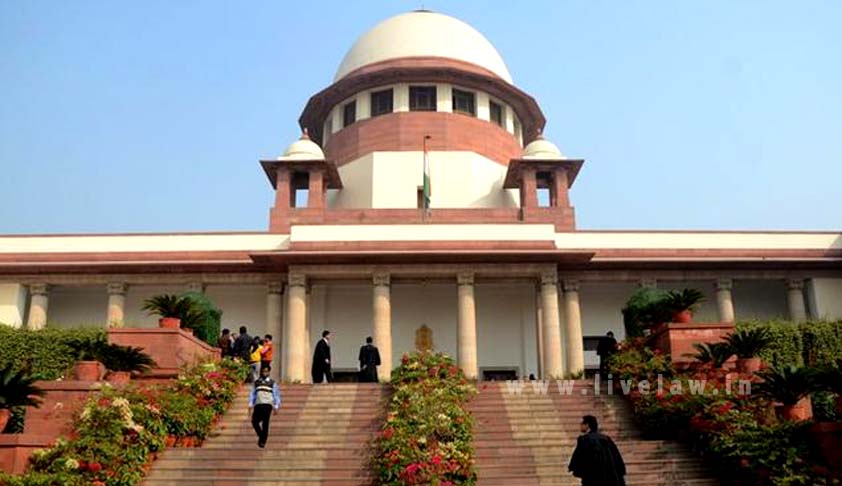SC Questions Government On ‘Why It Is Dragging Its Feet’ On Lokpal
LiveLaw Research Team
23 Nov 2016 4:23 PM IST

Next Story
23 Nov 2016 4:23 PM IST
The Supreme Court bench comprising the Chief Justice, T.S.Thakur, and justices D.Y.Chandrachud, and L.Nageswara Rao, today grilled the Attorney General, Mukul Rohatgi, on why the Court could not interpret the Lokpal and Lokayuktas Act, 2013, in a manner to make it functional, till Parliament could amend the Act.Amidst Rohatgi’s reservations that such a move would mean that the Court...
